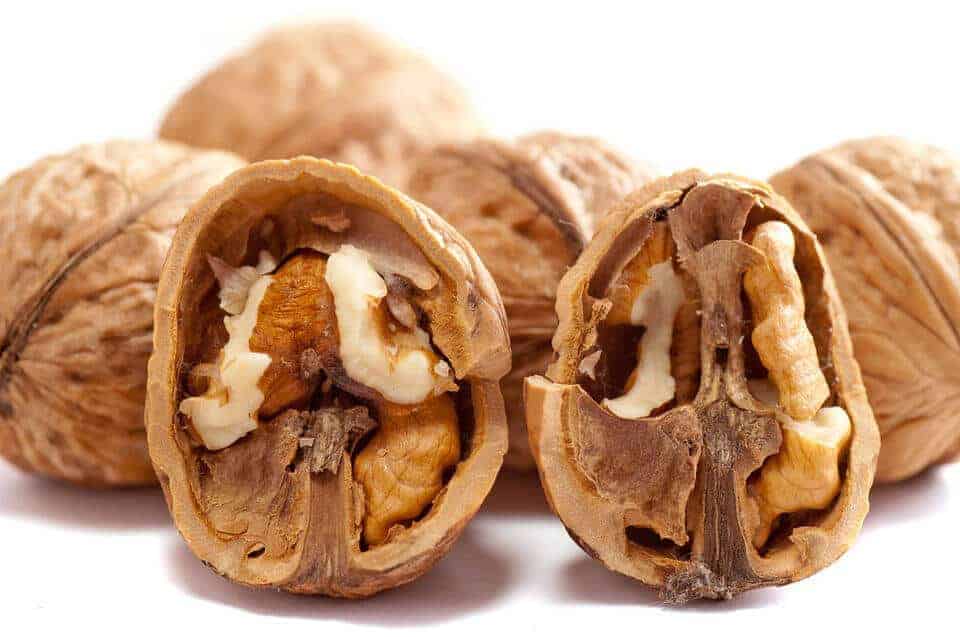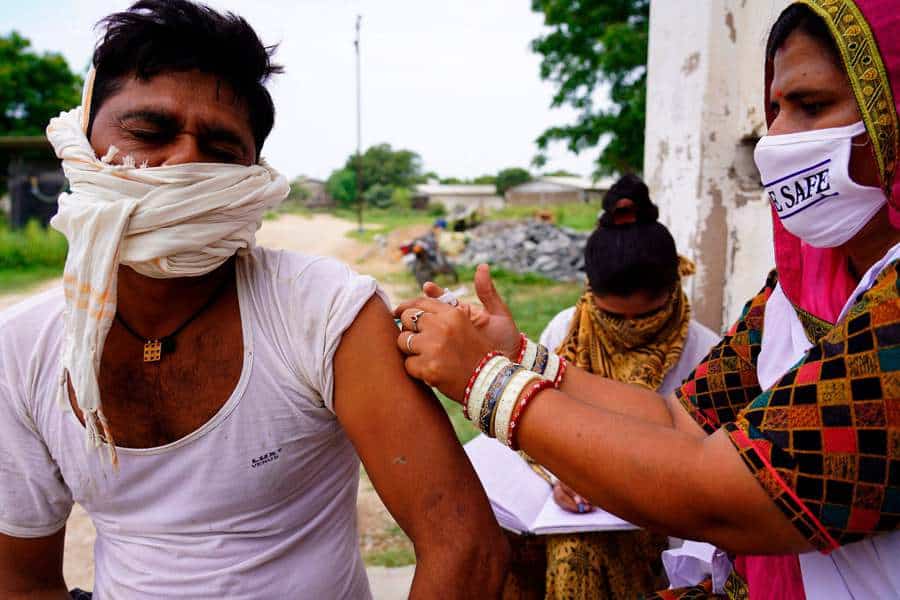Eating about ½ cup of walnuts every day for two years modestly lowered levels of low-density lipoprotein (LDL) cholesterol, known as “bad cholesterol,” and reduced the number of total LDL particles and small LDL particles in healthy, older adults, according to new research published today in the American Heart Association’s flagship journal Circulation. Walnuts are a rich source […]
Read More








